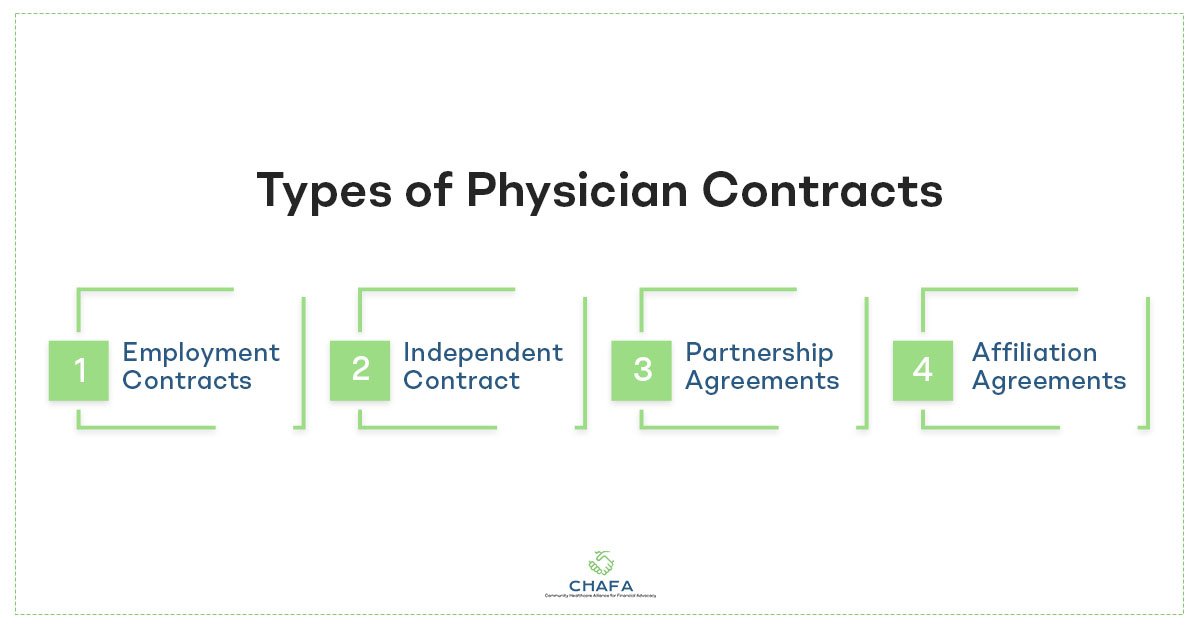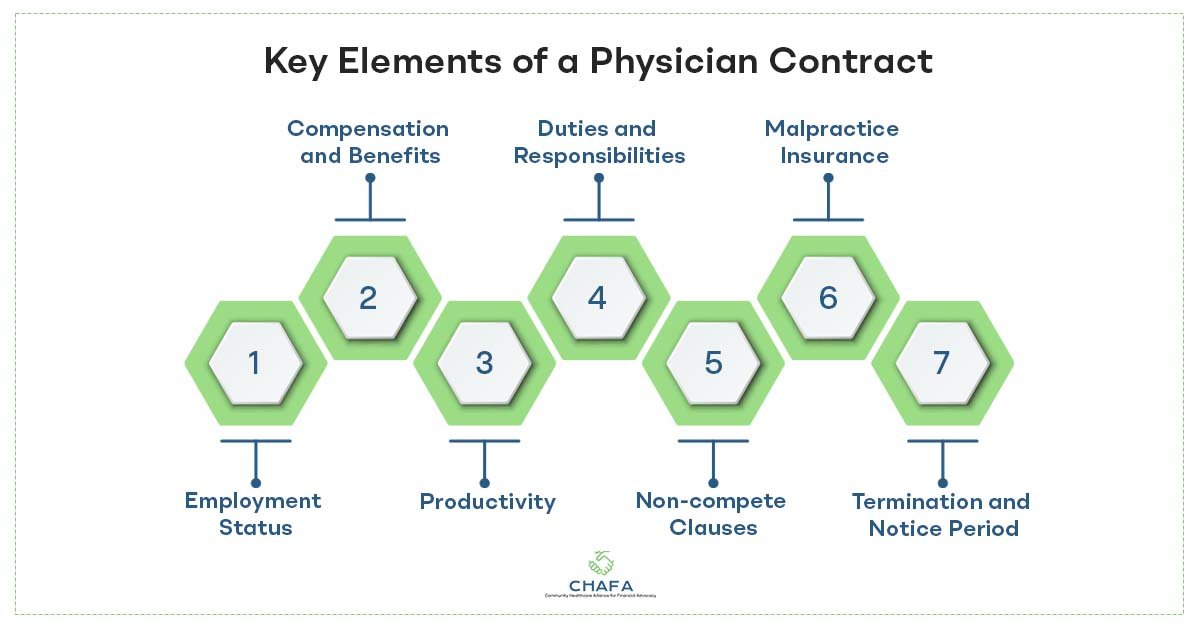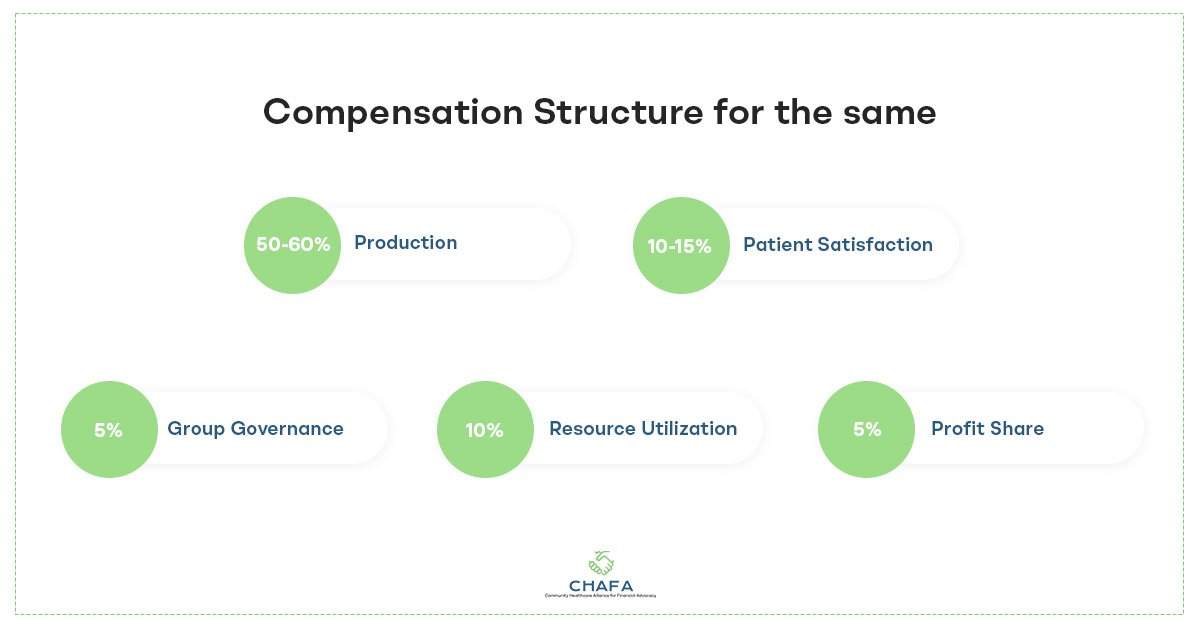
One of the most significant aspects of any physician job hunt is when it comes to negotiating the physician contract. However, it is an element that many physicians are least comfortable with.
When you receive an appealing offer, you may be inclined to accept it as is, sign the agreement, and start working right away. This hasty mistake can result in lost pay, uncomfortable working circumstances, and a squandered chance that will have you looking for another job in two to three years.
A good negotiation and careful examination of the physician contract can make a world of difference!
Importance of Understanding Physician Contracts
Physicians play an important role in the healthcare industry resources by providing patients with vital medical services.
Physician contracts are legally binding agreements that define the relationship between doctors and the healthcare organizations for which they work or are associated. These contracts are necessary to ensure clarity, safeguard both parties’ interests, and maintain the integrity of the healthcare system.
Physician contracts govern the terms of employment or affiliation for physicians, including their tasks, remuneration, benefits, and several other obligations. Understanding the complexities of these contracts can help physicians make informed career decisions, negotiate fair terms, and avoid potential pitfalls.
Types of Physician Contracts

- Employment Contracts
- Independent Contract Agreements
- Partnership Agreements
- Affiliation Agreements
Things to consider before you negotiate
Before you even meet up with a potential employer, establish a list of what is most important to you.
Do you seek to make the maximum money possible? Do you want to strike an appropriate work-life balance? Does this help you advance in your career? Would you prefer more time with patients one-on-one?
Include the various stakeholders and decision-makers in your life while determining your priorities.

Here are some important questions you should keep in mind:
- What is the compensation structure?
- Is there a non-compete?
- What additional benefits are offered?
Key Elements of a Physician Contract

1) Employment Status
The initial key step in a medical contract is deciding whether the physician will be an employee or an independent contractor. This distinction has important legal and economic significance.
Employees often receive perks including health insurance, retirement plans, and paid time off, whereas independent contractors must pay their own taxes and benefits.
2) Compensation and Benefits
Physician compensation is a complicated part of contracts that can vary significantly depending on criteria such as specialty, location, and experience.
Physicians may be paid on a monthly salary, an hourly basis, or a combination of the two. Health insurance, malpractice insurance, retirement plans, bonuses, and incentives are examples of benefits a physician could receive.
Contracts should explicitly outline the compensation structure and the timing of payments.
3) Productivity
The most frequent type of production incentive is the “50 percent” model, which allows physicians to keep half of their output. Some contracts allow new physicians to keep up to 100% of their production, while others only allow for 20%.
The productivity bonus is often stated in physician contracts as being based on either billings or collections. Some physician contracts base production measurements on the amount of work done by the physician rather than the number of patients seen. Work is measured in these contracts using a point system based on relative value units (RVUs).
These types of physician contracts can additionally include remuneration for non-patient care results, such as good outcomes, patient satisfaction survey scores, or participation in group governance.
Compensation Structure for the same:

4) Duties and Responsibilities
Physician contracts ought to outline the particular activities and obligations that the physician is expected to do. Clinical duties, administrative chores, on-call requirements, and any research or teaching responsibilities are all included.
Clarity in this area must be provided to avoid misconceptions and maintain regulatory compliance.
5) Non-compete Clauses
Several physician contracts include non-compete or restrictive covenants. These compel physicians to agree not to work for competitors for a specified amount of time. So, if a physician quits a group or a hospital, he or she agrees not to practice within a certain radius of the employer for a set period of years (usually two). The goal is to keep doctors from taking their patients with them when they start a new practice.
However, certain states in the USA do not allow such restrictions, while in others they’re only legal if they’re deemed reasonable. For example, since neurosurgery is a more specialized practice, a neurosurgeon will be subject to a considerably broader geographic restriction than a family practitioner.
This is where CHAFA Helps comes in. It’s usually a good idea to have an attorney who is familiar with healthcare law to analyze your contract to ensure you are getting a good deal.
6) Malpractice Insurance
Malpractice insurance is an important part of any physician’s contract.
It’s essential to understand whether the organization provides malpractice coverage, what the coverage limitations are, and whether tail coverage (covering for claims that arise after the contract expires) is covered.
Make sure you understand who is accountable for tail coverage. It is usually best to try to negotiate for the employer to be held liable in the event of a “without cause” termination or if the organization chooses not to renew your contract.
7) Termination and Notice Period
Contracts should include termination processes, including notice periods for both parties. Understanding these rules is important as they govern the procedure and timetable for terminating the employment or affiliation connection. Some contracts may also include severance pay conditions.
Almost all physician contracts tend to include provisions for an employer to terminate employment for cause. A contract will typically include a “without cause” provision that permits both the physician and the employer to terminate the employment without cause if written notice is provided ahead of time
Tips for a successful contract negotiation
- Go in with a determined mindset of what is most important to you
- Have the right questions in mind
- Thoroughly research and analyze the contract
- Come prepared to discuss and counter-question
- See which parts are open to negotiation and negotiate those
- Have an attorney go over your contract
A physician contract is a vital agreement that governs not only how you will practice, but also how much you will be paid. The process of determining and finalizing the conditions is of extreme significance and should not be taken lightly.

